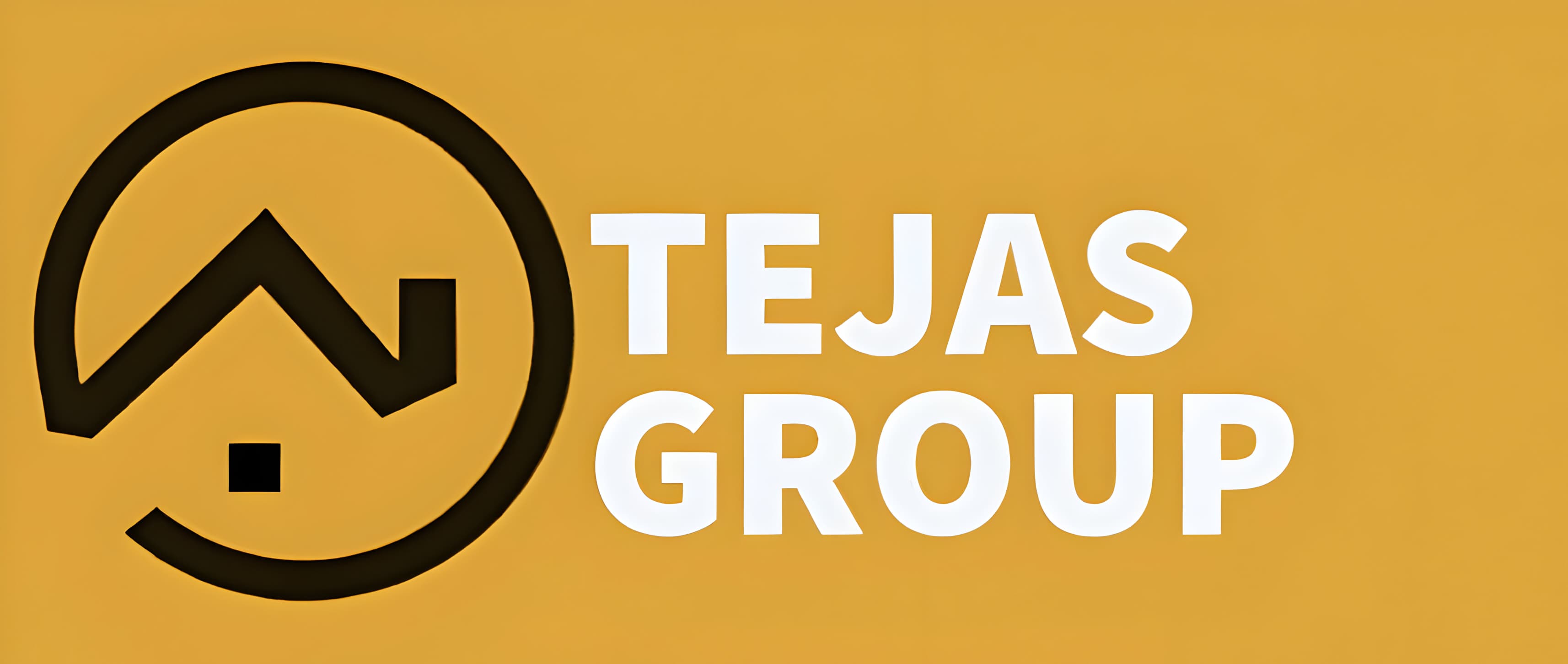- 02269710803 call us
- info@tejasgroup.co.in Mail us
Private Tender Handling
Private Projects Handling
Private project handling, often referred to as private project coordination or private project management, involves facilitating the planning, approval, and execution of private sector projects while interacting with various stakeholders, regulatory bodies, and government agencies as necessary. This role ensures that private projects are completed successfully, comply with all applicable laws and regulations, and meet business objectives. Here are key responsibilities and aspects of private project liaisoning
Project Planning and Proposal Development
Assist in formulating project plans, objectives, and proposals, aligning them with the company's goals and objectives.
Ensure that project proposals are comprehensive, financially viable, and meet legal and regulatory requirements.
Permitting and Regulatory Compliance
Identify the permits, licenses, clearances, and approvals required for the project.
Navigate the regulatory framework by coordinating with government departments and regulatory bodies to secure the necessary permits and approvals.
Government and Stakeholder Relations
Establish and maintain effective communication channels with relevant government agencies, officials, and stakeholders.
Facilitate meetings, negotiations, and discussions to resolve any regulatory or compliance issues.
Environmental Impact Assessment (EIA) and Sustainability
Coordinate with environmental authorities to conduct EIA studies and ensure compliance with environmental regulations.
Promote sustainable practices and initiatives within the project.
Land Acquisition and Right-of-Way Management
Assist in the acquisition of land or rights-of-way needed for the project.
Address legal, logistical, and community challenges related to land acquisition.
Public Relations and Stakeholder Engagement
Engage with local communities, residents, and other stakeholders to build support for the project.
Address concerns and provide information about the project's benefits and impact.
Financial Coordination
Collaborate with financial institutions to secure project financing, loans, or investments.
Monitor project budgets and expenditures, ensuring adherence to financial constraints.
Legal and Contractual Matters
Draft, review, and negotiate contracts, agreements, and MOUs with contractors, suppliers, and consultants.
Manage legal aspects related to project execution and compliance.
Project Monitoring and Reporting
Continuously monitor project progress, budgets, timelines, and milestones.
Prepare and submit regular reports to company management, investors, and other stakeholders.
Risk Management
Identify potential risks and challenges that may impact project execution.
Develop risk mitigation strategies and contingency plans.
Quality Assurance and Compliance
Ensure that construction and project management adhere to quality standards, building codes, and safety regulations
Facilitate inspections, audits, and quality control processes.
Handover and Post-Project Activities
Oversee the successful completion of the project, including final inspections, documentation, and handover to the operating or management team.
Assist with transitioning to the operational and maintenance phases, if applicable.
Conflict Resolution
Address and mediate disputes or conflicts that may arise during the project.
Work towards resolutions that are in the best interest of all involved parties.
Documentation and Record Keeping
Maintain accurate records of all project-related communications, approvals, permits, and agreements.
Ensure compliance with legal and regulatory requirements.
Private project liaisoning is crucial for the successful execution of private sector projects. Effective coordination among stakeholders, a deep
understanding of regulatory processes, and compliance with legal requirements are vital components of private project management.



